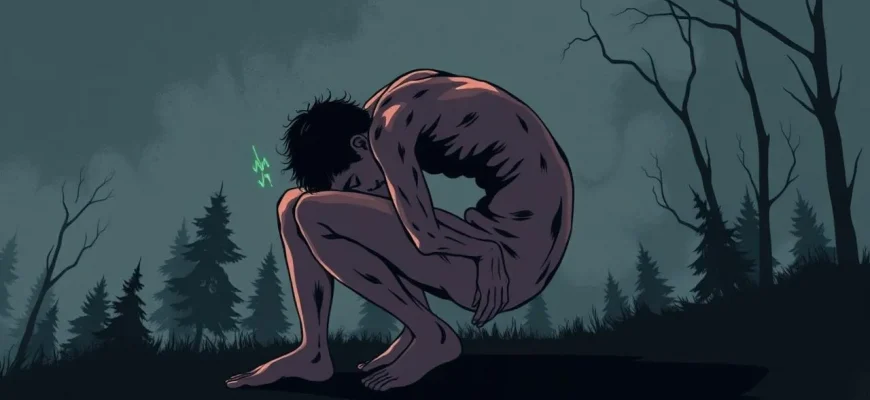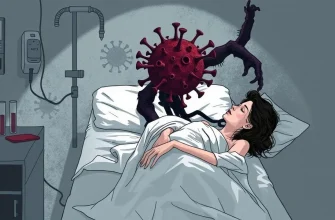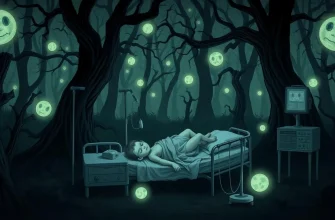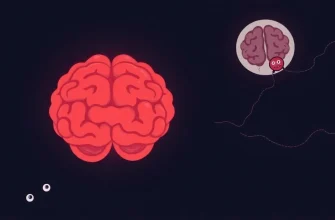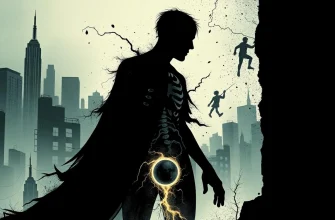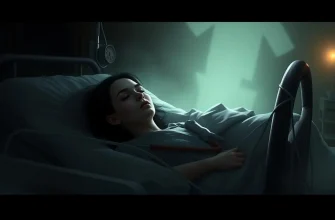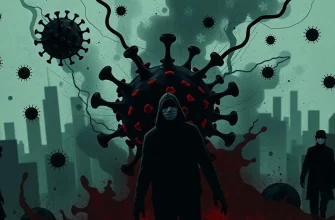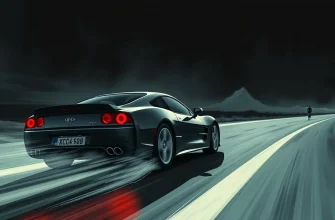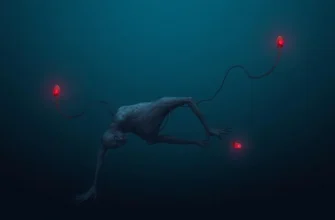Epilepsy, a condition often misunderstood, has found its way into the horror genre, providing a unique lens through which filmmakers explore fear, the unknown, and the supernatural. This curated list of horror films delves into the eerie and often unsettling portrayal of epilepsy, offering viewers not just scares but also a deeper understanding of the condition through the lens of horror. Each film brings something unique to the table, from psychological horror to supernatural twists, making this collection a must-watch for those intrigued by the intersection of medical conditions and horror storytelling.

The Exorcist (1973)
Description: While not directly about epilepsy, the film's depiction of possession includes physical convulsions that resemble seizures, making it a classic in the horror genre for its portrayal of medical-like symptoms in a supernatural context.
Fact: The film was nominated for 10 Academy Awards, winning two.
 Watch Now
Watch Now 
The Amityville Horror (1979)
Description: While primarily about a haunted house, the film includes scenes where characters exhibit seizure-like symptoms, contributing to the eerie atmosphere.
Fact: The film is based on the book by Jay Anson, which itself was inspired by the Lutz family's claims of paranormal activity.
 Watch Now
Watch Now 
The Exorcism of Emily Rose (2005)
Description: This film intertwines epilepsy with demonic possession, creating a chilling narrative where the protagonist's seizures are interpreted as signs of supernatural interference. It's a compelling exploration of how epilepsy can be misconstrued in a religious context.
Fact: The film was inspired by the real-life case of Anneliese Michel, whose story also influenced the film "Requiem."
 Watch Now
Watch Now 
The Possession (2012)
Description: Here, seizures are portrayed as a symptom of demonic possession, creating a terrifying narrative where medical science meets the occult.
Fact: The film is loosely based on the true story of a haunted dybbuk box.
 Watch Now
Watch Now 
The Haunting in Connecticut (2009)
Description: The film features a family dealing with paranormal activity, where one of the characters experiences seizures, adding to the horror and confusion of the situation.
Fact: The movie is loosely based on the Snedeker family's alleged haunting.
 Watch Now
Watch Now 
The Rite (2011)
Description: Although not explicitly about epilepsy, the film includes scenes where exorcism is performed on individuals who exhibit seizure-like symptoms, exploring the intersection of faith and medicine.
Fact: Anthony Hopkins stars as Father Lucas, bringing his usual intensity to the role.
 Watch Now
Watch Now 
The Last Exorcism (2010)
Description: While not directly about epilepsy, the film features a character whose seizures are initially thought to be demonic possession, highlighting the confusion between medical and supernatural phenomena.
Fact: The film was shot in a found footage style, adding to its realism and intensity.
 Watch Now
Watch Now 
The Possession of Hannah Grace (2018)
Description: This film explores the aftermath of a failed exorcism, where the protagonist experiences seizures as part of the demonic aftermath, creating a tense and horrifying narrative.
Fact: The film was initially titled "The Heretic" during production.
 Watch Now
Watch Now 
The Exorcist III (1990)
Description: This sequel features a detective investigating a series of murders, where one victim's death is linked to a seizure-like state, blending medical horror with supernatural elements.
Fact: The film was directed by William Peter Blatty, who also wrote the original "The Exorcist" novel.
 Watch Now
Watch Now 
The Unborn (2009)
Description: This horror film includes scenes where the protagonist experiences seizures, which are linked to a supernatural curse, blurring the lines between medical condition and paranormal activity.
Fact: The film was directed by David S. Goyer, known for his work on the "Blade" trilogy.
 Watch Now
Watch Now 
